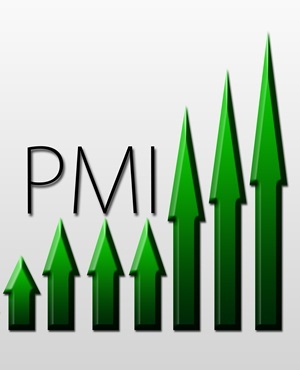Cape Town – The latest Standard Bank purchasing managers’ index rose from 49.8 in August to 50.7 in September, with employment growth at the highest level in 17 months.
Standard Bank said on Wednesday its PMI rose from 49.8 in August to 50.7 in September, also a 17-month high.
Readings above 50 show an uptick in business conditions on the previous month, while readings below 50.0 show a deterioration. The survey, sponsored by Standard Bank and produced by Markit, points to an upturn in South Africa’s private sector. Output expanded for the first time in nearly one-and-a-half years, while new business and employment grew at stronger rates.
Despite the slight overall pace of expansion, the index signalled an improvement in companies’ operating conditions. On the price front, both input costs and output charges rose more slowly during the month.
Part of the rise in activity was attributed by firms to increased new order intakes, which grew for the second month running.
The pace of expansion accelerated since August, but remained relatively subdued. Survey data suggested that the increase in overall new business was driven by the domestic market, as new export orders fell at the fastest pace in ten months.
Rising demand fuels job-creation
Rising demand encouraged companies to hire additional staff in September.
Private sector employment in South Africa lifted for the third successive month in September, with one in ten companies adding to their workforce numbers. At the same time, suppliers’ delivery times lengthened slightly.
The rate of job creation reached a 17-month high and was above the survey’s long-run average. Some panel members attributed employment growth to increased new order intakes.
Input costs rose at a slower pace at the end of the third quarter, largely as a result of weaker inflation of purchase prices.
Staff costs meanwhile grew at the fastest pace in just over a year, with the rate of wage inflation reaching a 13-month high. This was attributed to a combination of higher payroll numbers and salary increases. About 11% of panellists recorded higher staff costs, while the majority reported no change (89%).
Output prices rose to the smallest extent in the survey’s history, as some firms lowered their charges amid competitive pricing.
Companies were cautious about their stock policies in September, with purchasing activity and pre-production inventories both falling slightly.
Latest survey data pointed to a further decline in new export business, the third in as many months. Moreover, the pace of contraction accelerated and was the fastest since last November. Just over 12% of the survey panel recorded lower new export orders, versus 8% that signalled a rise.
Some panellists attributed weaker demand from foreign clients to difficult economic conditions.
